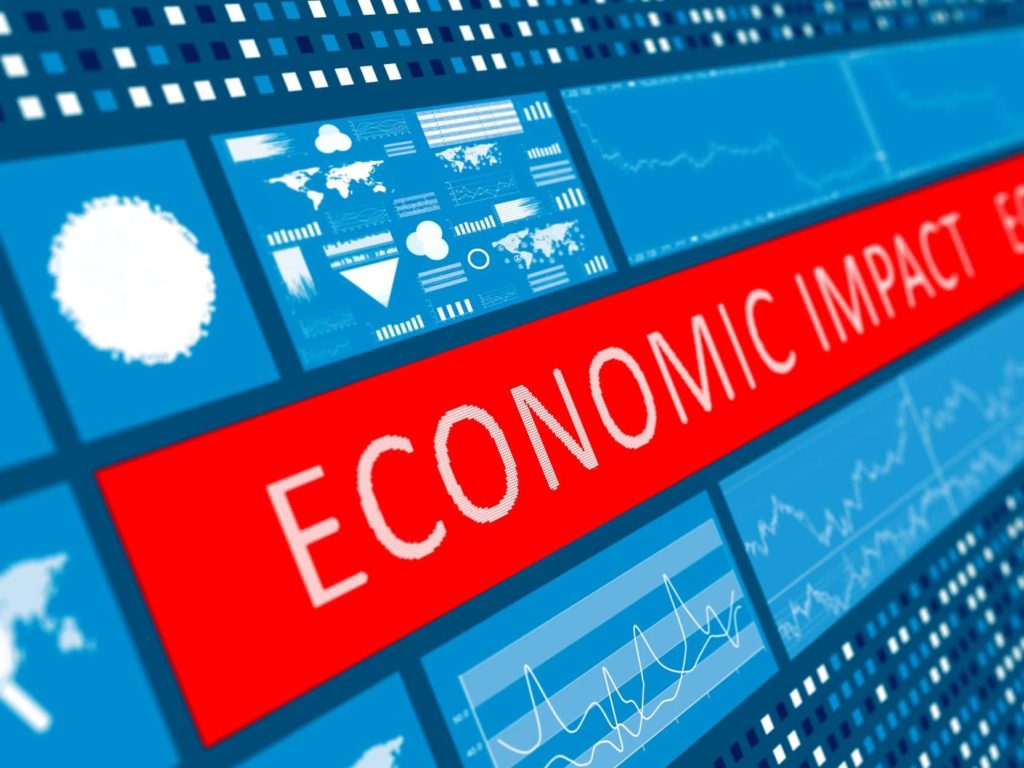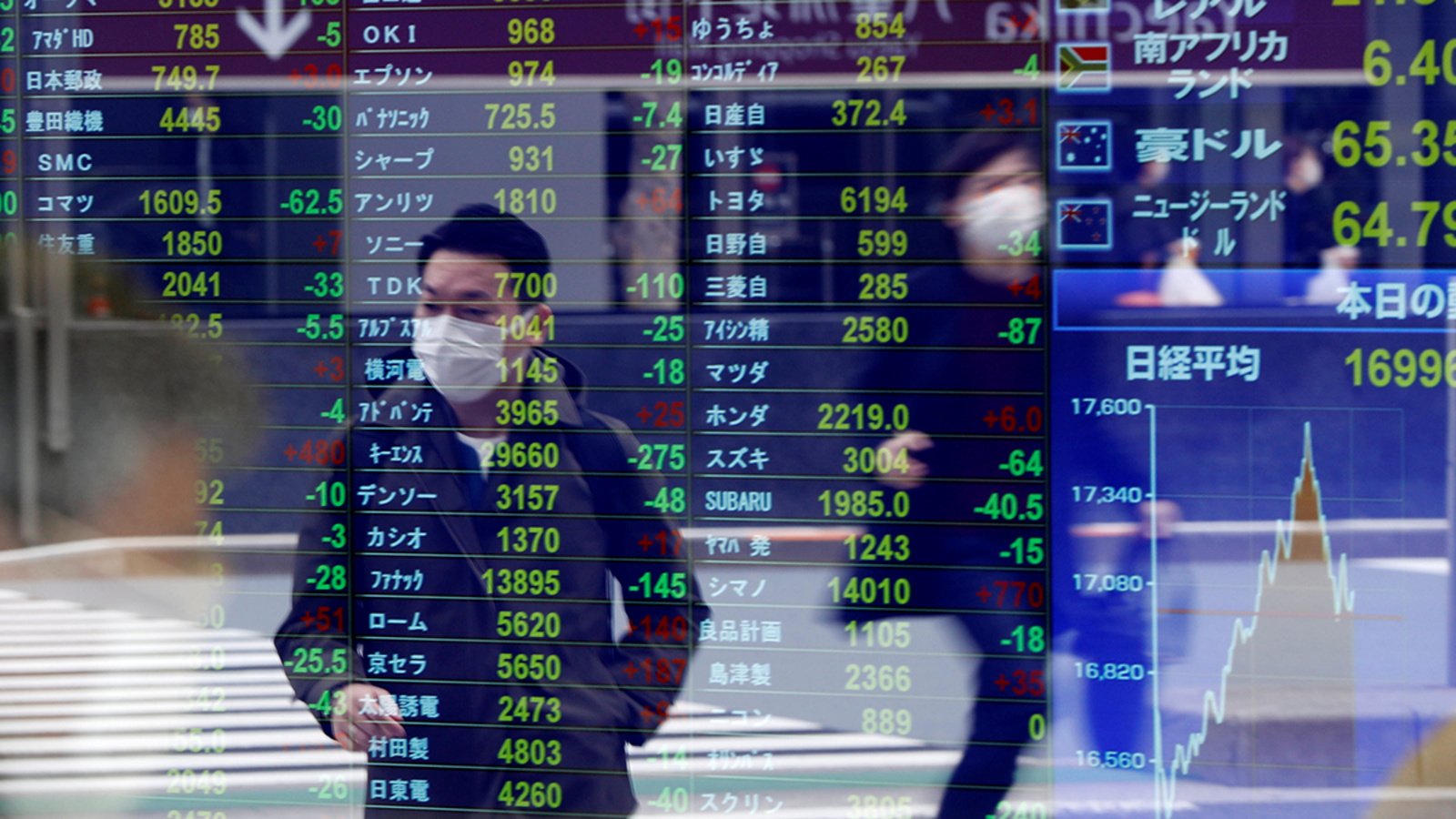Coronavirus isn’t just a worldwide pandemic and public wellbeing crisis; it has likewise seriously influenced the worldwide economy and money related business sectors.
Critical decreases in salary, an ascent in joblessness, and interruptions in the transportation, administration, and manufacturing industries are among the outcomes that have been executed in numerous nations.
It has become certain that most governments in the world belittled the dangers of fast COVID-19 spread. But most were generally receptive to their crisis reaction.
Disease outbreaks are not prone to vanish sooner rather than later. Worldwide activities are required to save lives as well as secure economic prosperity.
Coronavirus and the Economy

On top of the health imbalances, particularly in nations without all-inclusive medical services coverage, the economic effect of the COVID-19 pandemic will be heterogeneous across the nation over salary distribution.
For instance, office laborers are bound to progress to adaptable working courses of action during the limitations. While many industrial, the travel industry, retail, and transport laborers will endure a huge decrease in work. Because of network limitations and low interest in their goods and services.
Impact on Economic Markets

Worldwide economic market sectors have been intensely affected by the impacts of COVID-19 spread. As the quantities of cases began to increase worldwide, fundamentally through the US, Italy, Spain, Germany, France, Iran, and South Korea. The world economy and oil markets altogether declined.
Since the beginning of the year, primarily the U.S. furthermore, European stock market indices (the S&P 500, FTSE 100, CAC 40, and DAX) have lost a fourth of their worth. With oil costs declining by over 65% as of April 24, 2020.
Everyday data on stock market exchange instability. Price developments are good signs of the customer and business trust in the economy. But there were noteworthy negative connections between the everyday number of COVID-19 cases and different stock records. The connection ranges from −0.34 to −0.80.
Bigger Economic Issues

Bigger economic issues are related to the current and likely future interest for oil converting into fluctuations in oil costs because of decreased economic behaviors driven by the COVID-19 pandemic. The expected surplus supply was likewise answerable for a critical price decrease.
In the event that lower than anticipated oil costs proceed, many oil-subordinate economies may contract following decreases in trade and investments. Jolt to the labor markets will be serious, particularly for nations subject to migration.
Universally, migrant laborers make significant commitments to the labor markets, tending imbalances in both high-and low-skilled occupations.
As worldwide travel limitations and quarantine are probably going to stay for a long time to come as nations attempt to end the spread of COVID-19, migration streams will be restricted, obstructing worldwide economic development, and improvement.
To Conclude

The spread of the disease is probably going to keep upsetting economic action. Contrarily manufacturing and service industries, particularly in developed nations, expect that financial sectors will keep on being unstable.
There is as yet an inquiry with respect to whether this unfurling crisis will have an enduring basic effect on the worldwide economy or largely short-term financial related and economic consequences. It is clear that transferable diseases, such as COVID-19 can possibly deliver serious economic and financial expenses on territorial and worldwide economies.
Due to the high transportation network, globalization, and economic interconnectedness, it has been amazingly troublesome. Exorbitant to contain the disease and alleviate the importation hazards once the disease began to spread in different areas.
This warrants worldwide aggregate activity and investment in vaccine advancement and distribution. As preventive measures incorporate limited working in real-time observation. The improvement of contact tracing abilities at the public and global levels.
Flare-ups of the novel disease are not prone to vanish soon. So, proactive worldwide actions are required to save lives yet additionally to secure economic prosperity.
Opinions expressed by AsianBlurb contributors are their own.
Maham Qasim is an English Literature and Economics student at Forman Christian College University with an interest in writing. Maham was born in Pakistan and raised in Saudi Arabia and is now pursuing her education.




































